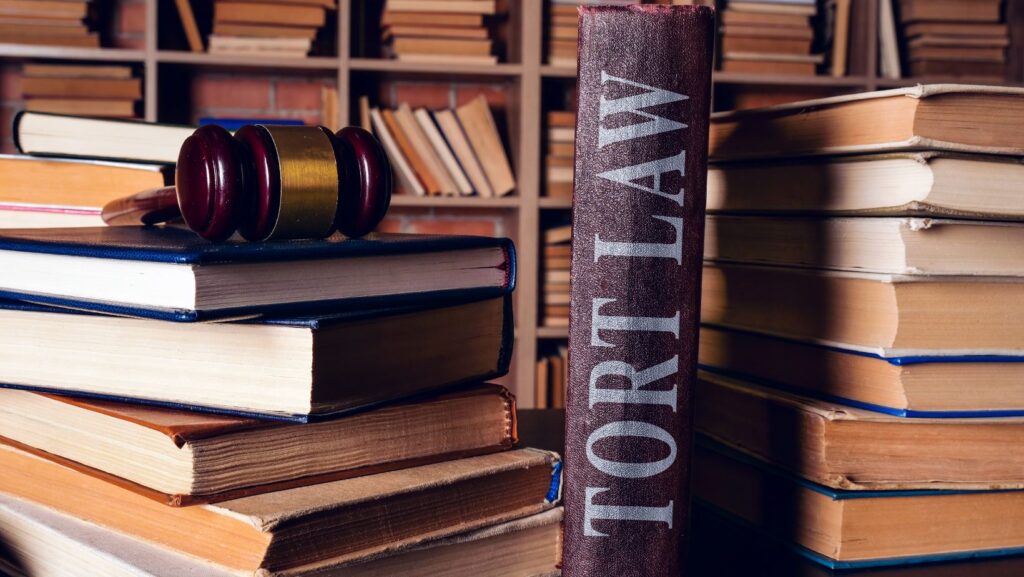
Imagine discovering that a product you trusted has caused you serious harm. What would you do next? Mass tort lawsuits allow groups of people to seek justice when they’ve suffered from the same dangerous product, drug, or disaster.
But navigating these legal battles can feel overwhelming. How do you know if you qualify? What does the process involve?
By the end of this guide, you’ll have a clear understanding of mass torts and how they can help you seek fair compensation. Keep on reading!
What is a Mass Tort Lawsuit?
A mass tort lawsuit is a legal action that helps multiple people harmed by the same issue file claims against a company. Unlike class actions, where one lawsuit represents everyone, mass torts treat each case individually.
Mass torts commonly involve defective drugs, medical devices, toxic exposure, or defective products. Because these lawsuits involve many plaintiffs, they are often complex and require experienced attorneys.
Courts group mass tort cases together to speed up the legal process. This structure helps victims get justice without waiting years.
How Do Mass Torts Differ from Class Action Lawsuits?
Although mass torts and class actions share similarities, they operate in distinct ways. In a class action, a single lawsuit represents a group of victims, and the resulting compensation is distributed among all participants.
With a mass tort, each person files an individual case and receives compensation based on their specific damages. This difference is crucial because it allows for more personalized settlements.
While class actions are often simpler, mass torts ensure that each victim gets fair treatment. Courts consolidate mass tort cases to make them more efficient, but each claim is still unique. If your injury is serious, a mass tort may be better than a class action.
Who Qualifies for a Mass Tort Case?
Not everyone can join a mass tort lawsuit, so understanding the requirements is essential. You must have suffered harm due to a company’s negligence, whether it’s a defective drug, product, or environmental hazard.

The injury must be serious enough to require medical treatment or affect your quality of life. Lawyers will also look for a pattern-many people must have experienced similar harm.
If your case is unique or unrelated to other claims, it may not qualify. Evidence, such as medical records and expert testimony, strengthens your case. If you think you’ve been harmed, consulting a mass tort attorney can clarify your options.
Common Types of Mass Tort Cases
Mass tort cases typically involve issues such as defective medical devices, hazardous drugs, or environmental disasters. For example, faulty medical devices like defective hip implants can lead to serious injuries and the need for further surgeries.
Harmful drugs, such as recalled prescription medications, may lead to life-threatening side effects. Environmental hazards, such as exposure to toxic chemicals, can affect entire communities.
Other mass tort cases involve defective consumer products that cause injuries or illnesses. Workplace exposure to hazardous materials is another common claim. Mass torts may also arise from transportation disasters, like train derailments or airplane crashes.
How the Legal Process Works
Filing a mass tort case follows a structured legal process to ensure fairness. First, attorneys gather evidence and investigate the claims to determine if they qualify.
Then, the court consolidates similar cases to streamline the legal process. Each plaintiff’s injuries and damages are assessed separately.
Lawyers negotiate with the defendant, which is often a large corporation, to reach a fair settlement. If negotiations fail, the cases may go to trial.
Mass tort trials often involve expert witnesses who explain the harm caused. The process can take months or even years, depending on complexity.
The Role of a Mass Tort Lawyer
A mass tort lawyer plays a crucial role in helping victims seek justice. These attorneys specialize in handling cases involving multiple plaintiffs and large corporations. They gather evidence, file lawsuits, and negotiate settlements.
A skilled mass tort lawyer knows how to handle complex legal arguments and fight for fair compensation. They also communicate with medical experts to prove the harm caused.
Most lawyers work on a contingency fee basis, meaning they only get paid if you win. This makes legal representation more accessible for victims. Choosing the right attorney can significantly impact the outcome of your case.
Potential Compensation in Mass Tort Cases
Mass tort lawsuits can result in significant financial compensation for victims. Compensation typically covers medical expenses, lost wages, and pain and suffering.
In some cases, victims may also receive punitive damages, which punish the company for negligence. The amount awarded varies depending on the severity of the injury and other factors.
Settlements may be reached out of court, or cases may go to trial for a verdict. Each plaintiff receives compensation based on their harm. An experienced lawyer can help maximize the payout.
Challenges in Mass Tort Lawsuits
Mass tort lawsuits can be complicated and take time to resolve. Large corporations often have strong legal teams that fight back aggressively.
Gathering enough evidence to prove negligence can be challenging. The legal process may require detailed medical records and expert testimony.
Because of the complexity, some cases may take years to settle. Delays in the court system can also slow progress.

Despite these challenges, having an experienced attorney improves your chances of winning. TSEG and other skilled law firms specialize in handling mass torts and guiding clients through the process.
How to Get Started with a Mass Tort Claim
If you think you have a mass tort case, the first step is to contact a qualified attorney. A legal consultation helps determine if you qualify and what evidence you need.
Gathering medical records and other documentation is essential. Your lawyer will explain your legal rights and the next steps.
It’s important to act quickly, as mass tort cases often have strict deadlines. Avoid speaking with the defendant’s representatives without legal guidance. A good attorney will handle all communication and negotiations for you.
Deciphering the Complexity of Mass Tort Law
Understanding mass tort lawsuits can help you seek justice if you’ve been harmed by corporate negligence. These cases offer a path for victims to receive compensation while holding large companies accountable.
Knowing the difference between mass torts and class actions helps you make informed legal decisions. An experienced attorney can guide you through the legal process and improve your chances of winning.
While challenges exist, persistence and expert legal help can lead to fair settlements. If you believe you qualify, don’t wait to take action.
Did you like this guide? Great! Browse our website for more!







